
Legal vs. DIY Separation Agreements: Pros and Cons
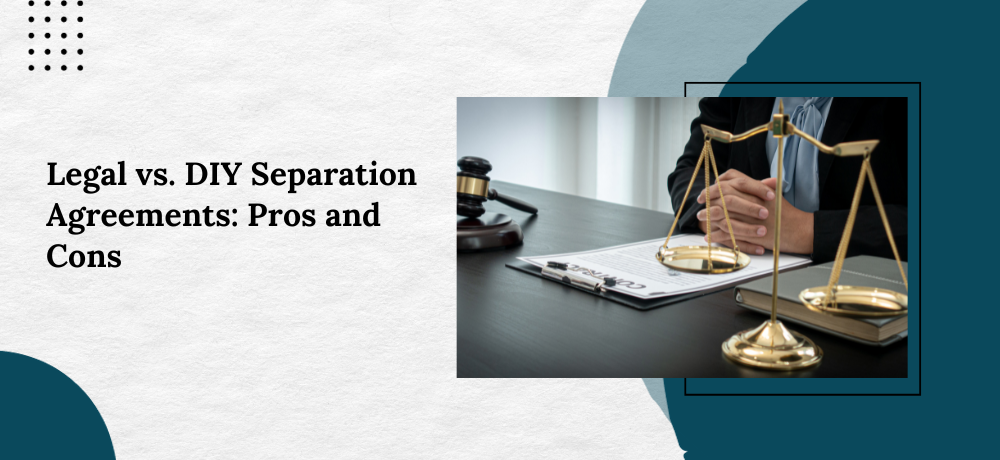
When it comes to separation agreements, you have choices: go the DIY route or seek legal assistance. In Vancouver, BC, Law Office of Gary Vlug specializes in family law, including separation agreements. This blog explores the pros and cons of both approaches. Deciding to part ways with your spouse is a challenging and emotionally charged process, and when it comes to the legalities of separation, the choices you make can have long-lasting consequences. One significant decision is whether to opt for a professionally crafted legal separation agreement or attempt a do-it-yourself (DIY) approach. While both options have their merits, they also come with distinct advantages and drawbacks that can significantly impact your future. In this blog, we will delve into the world of legal vs. DIY separation agreements, exploring the pros and cons of each, so you can make an informed choice that best suits your unique circumstances and needs during this challenging time.
Property Division: Equitable Distribution in Separation Agreements
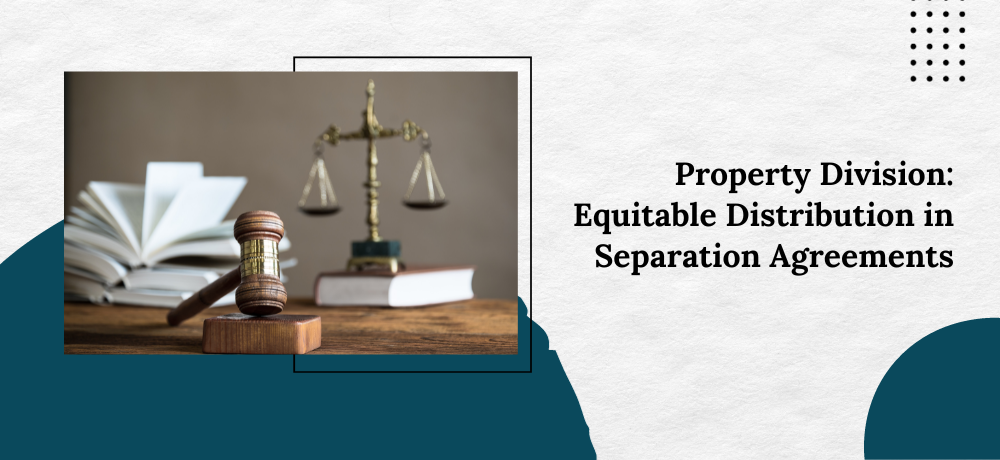
Property division can be one of divorce or separation proceedings' most complex and contentious aspects. In many provinces, the principle of equitable distribution is used to determine how assets and liabilities should be fairly divided between spouses. This legal framework seeks to achieve a just and equitable outcome, taking into account various factors, including the length of the marriage, each spouse's financial contributions, and their respective needs. Separation agreements play a crucial role in this process, outlining the terms of property division and other related matters by agreement between the parties involved. In this blog, we will delve into the concept of equitable distribution within separation agreements, exploring how it works and what factors are considered to ensure a fair and balanced division of marital property.
Guardianship vs. Power of Attorney
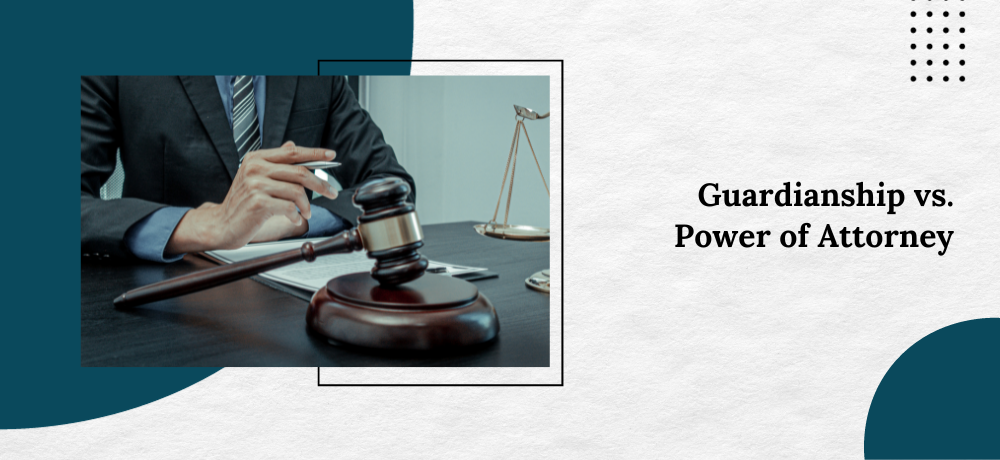
Life can take unexpected turns, and there may come a time when you or a loved one need assistance in managing important personal and financial affairs. In such situations, two common legal mechanisms often come into play: guardianship and power of attorney (POA). While both serve the purpose of making decisions on behalf of someone else, they differ significantly in their scope, process, and implications. In Vancouver, BC, the Law Office of Gary Vlug specializes in family law, including guardianship and power of attorney matters. In this blog, we will explore the distinctions between guardianship and power of attorney, helping you grasp the essential details of each option so that you can make informed choices when planning for the future.
Terminating Guardianship: Process and Consideration
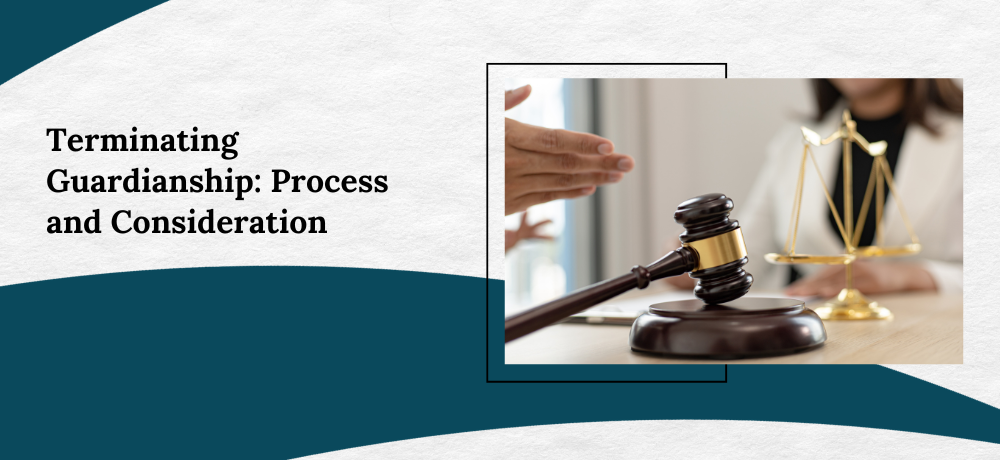
The process of terminating guardianship involves several crucial steps and considerations. Typically, it starts with a concerned party, often a family member or the individual under guardianship themselves, filing a petition with the court requesting the termination of the existing guardianship arrangement. This petition should provide compelling reasons and supporting evidence for the termination, emphasizing the person's best interests under guardianship. Subsequently, the court schedules a hearing where all relevant parties can present their arguments and evidence, including the current guardian and the individual under guardianship. The court then carefully reviews the case, taking into account the individual's current capacity to make decisions independently, and if it determines that terminating guardianship is in the person's best interests, it may issue an order outlining the specific terms and conditions of the termination.
When considering the termination of guardianship, the court's primary concern is always the well-being and best interests of the individual in question. Factors such as the person's mental and physical capacity, their ability to manage their own affairs, and the presence of a safe and supportive environment are crucial considerations. Additionally, the court may assess any potential risks or harm that may arise from terminating guardianship and take steps to ensure the individual's ongoing protection and welfare. Legal representation is often essential for all parties involved in the process to ensure that the termination aligns with the legal standards and principles governing guardianship proceedings.
Understanding Child Custody Laws
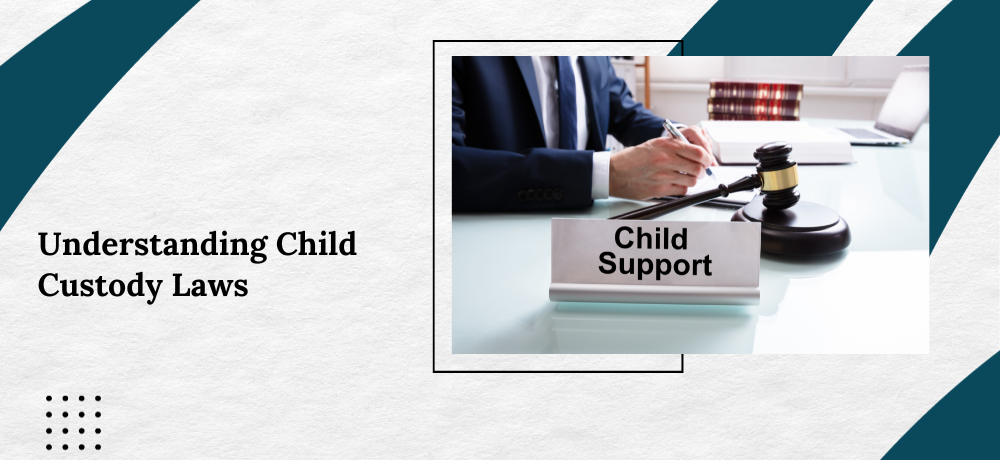
Child custody can be one of the most emotionally charged aspects of family law. If you're a parent and facing custody issues, you're not alone. Understanding child custody laws is essential for parents going through divorce or separation, as these laws establish the framework for determining where and with whom a child will live and how important decisions regarding their upbringing will be made.
Child custody laws vary from province to province and can be complex, making it crucial for parents to understand the principles involved. These laws are designed to prioritize the child's best interests, and understanding their intricacies can help parents navigate the legal system more effectively, whether they are seeking custody or involved in a dispute over custody arrangements. In this guide, we will delve into the fundamental aspects of child custody laws, shedding light on key concepts and considerations that can empower parents to make informed decisions and work towards custody arrangements that benefit their child.
10 Effects of Divorce on Children — and Helping Them Cope
Original Article Source Credits: Healthline , https://www.healthline.com/
Article Written By: Ashley Marcin
Original Article Posted on: May 7, 2020
Link to Original Article: https://www.healthline.com/health/parenting/effects-of-divorce-on-children
What’s the Hardest Age for Children to See Their Parents Split?
Original Article Source Credits: Healthline , https://www.healthline.com/
Article Written By: The Healthline Parenthood Editors
Original Article Posted on: November 30, 2020
Link to Original Article: https://www.healthline.com/health/childrens-health/worst-age-for-divorce-for-children
The Psychological Effects of Divorce on Children
Original Article Source Credits: Verywell Family , https://www.verywellfamily.com/
Article Written By: Amy Morin, LCSW
Original Article Posted on: February 22, 2021
Link to Original Article: https://www.verywellfamily.com/psychological-effects-of-divorce-on-kids-4140170
5 Tips to Help You Prepare for Court

For many family law matters including divorce, child custody, and child maintenance, it’s ideal if the case can be settled out of court. However, when all attempts at mediation and negotiation have failed, you may be left with no choice.
A Beginner’s Guide To Responding To A Child Maintenance Application

Child maintenance is a complicated process if you don’t understand the law and terms of agreement adequately. Incorrect filing of documentation could result in you having to pay more than you can afford. To help you understand what goes into the first documents you have to prepare, the Law Office of Gary Vlug has formulated a Beginner’s Guide to responding to a maintenance application.